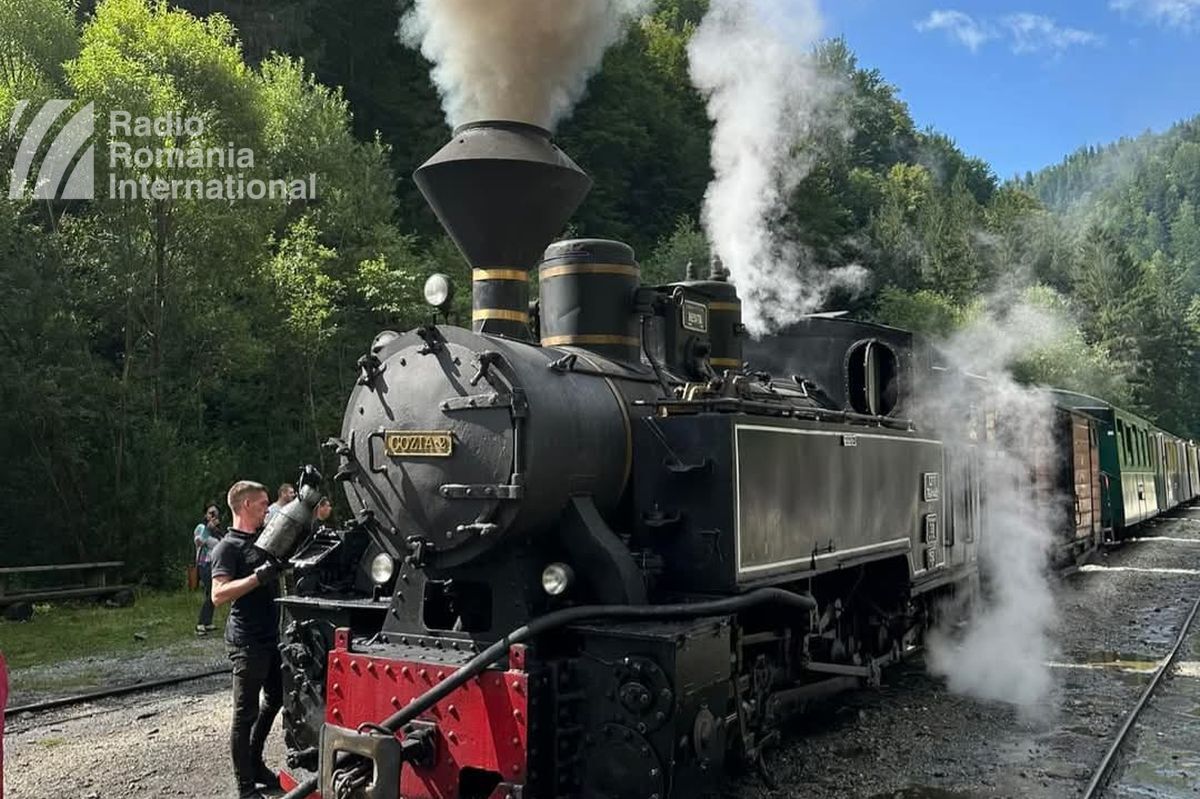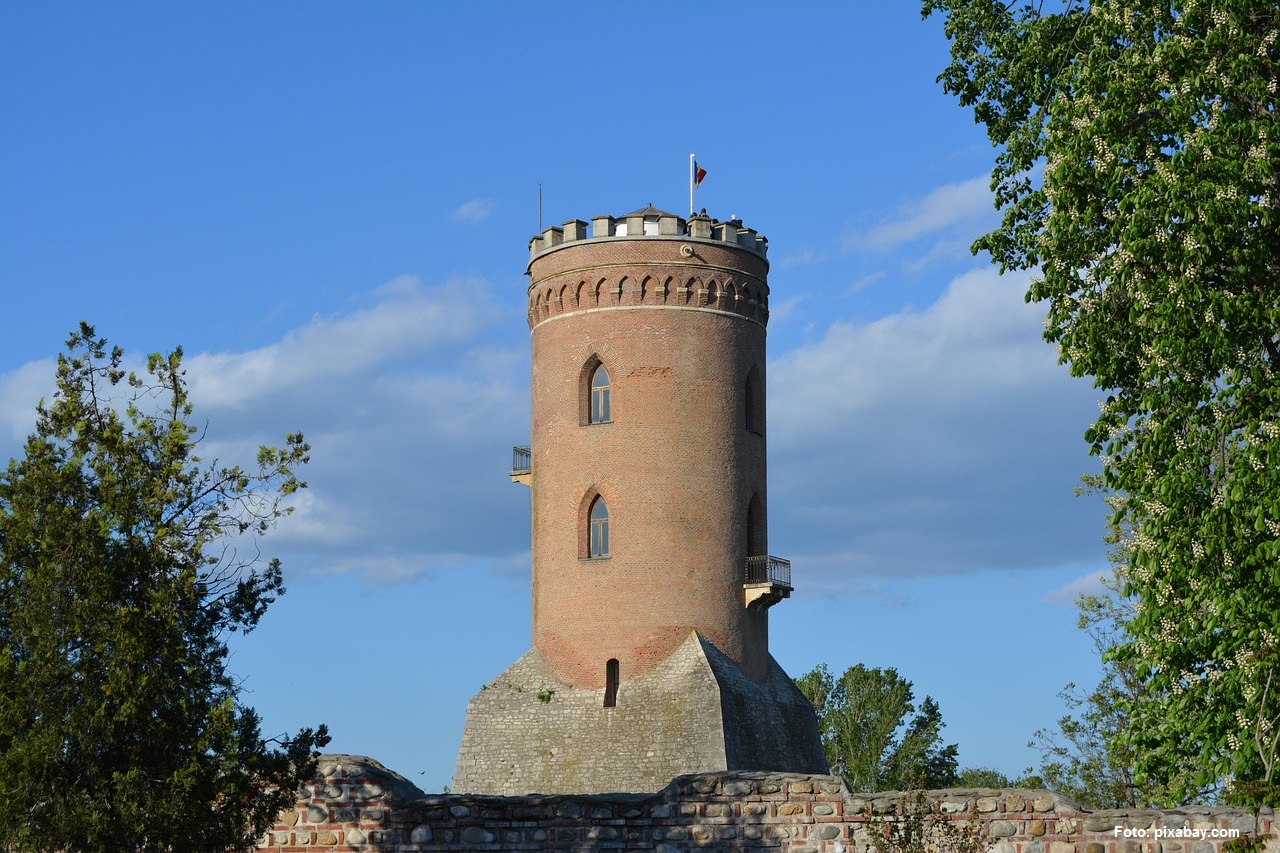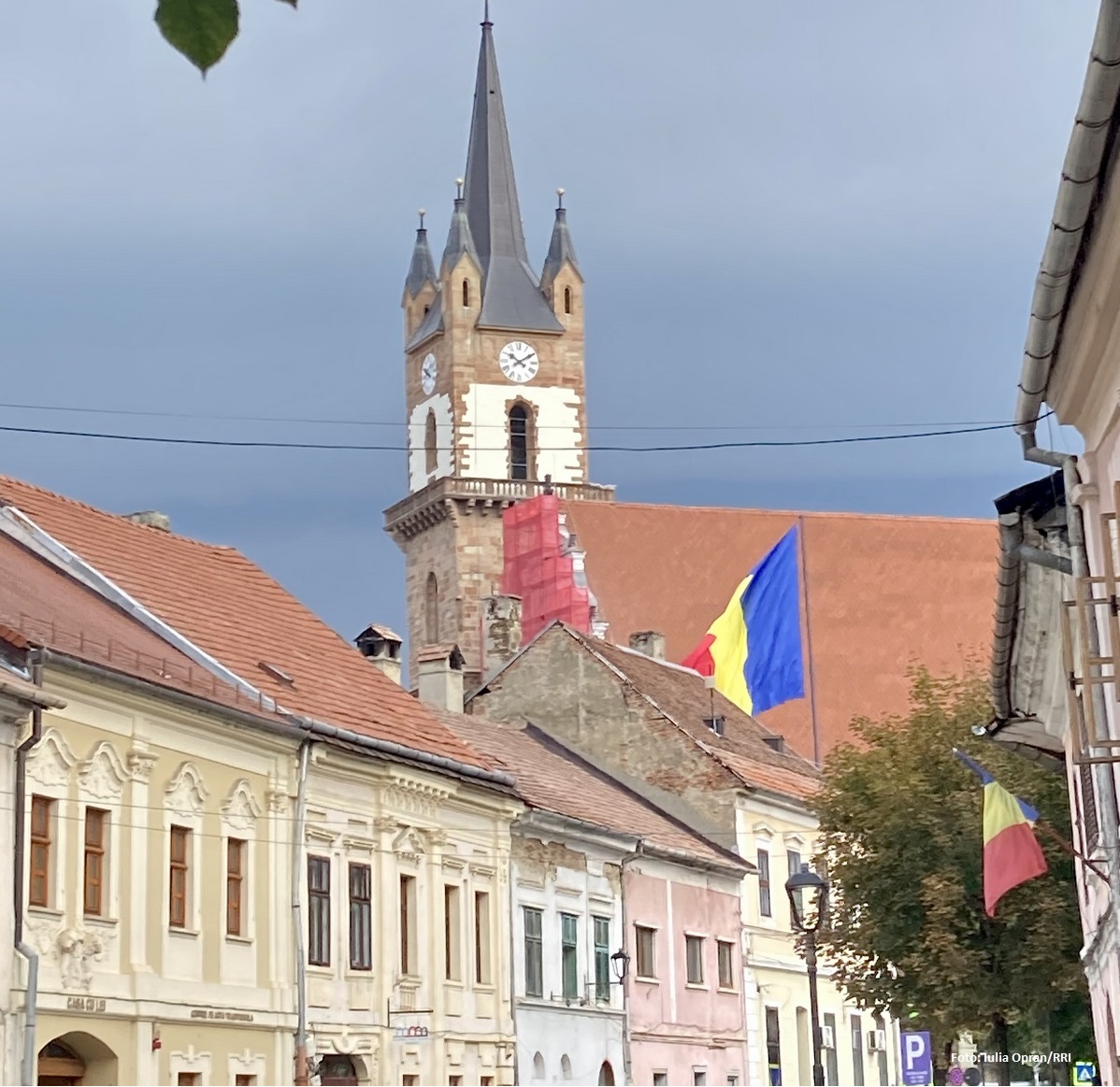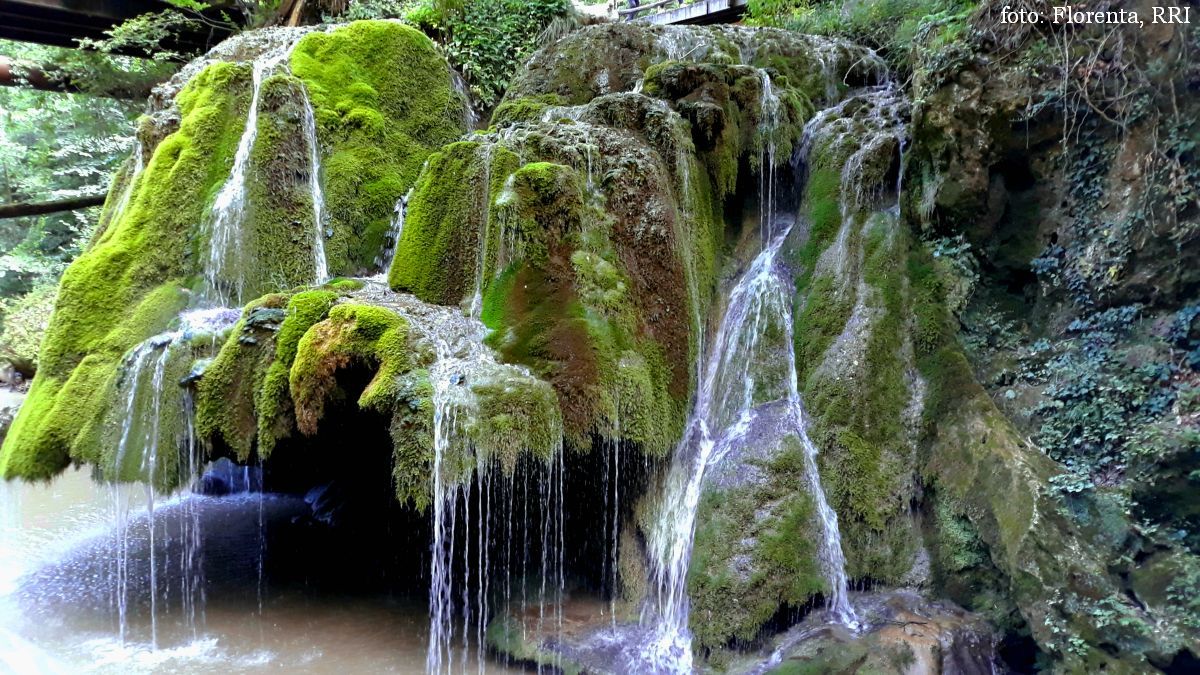Vineyard Tourism in Romania
If you are a wine lover, and want to visit Romanian wine cellars, but don't know what that entails, this edition will give you a head start
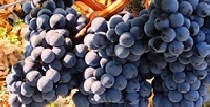
Daniel Onea, 01.10.2020, 13:00
If you are a wine lover, and want to visit Romanian wine cellars, but dont know what that entails, this edition will give you a head start. In addition, we will find out about outstanding vineyards, get to know the people behind the vine, and we will find out about events where good traditional music and food are accompanied by internationally praised wines.
Alina Iancu, founder of two web portals dedicated to wines, Crameromania.ro and Revino.ro, told us about the many reasons why we should choose vineyard tourism in Romania:
“The first reason would be the local grape varieties, and the surroundings of vineyards, because there are so many of them. We are talking first and foremost about Transylvania, which is well worth discovering. We should be blending wine tourism into any other form of tourism in the country. If you have fair weather, then we can have tours of the premises. Then, we introduce you to the process of wine making, starting with the vine itself. The we have the tasting. You can choose from among a number of packages, which are 45 minutes to an hour, followed by a moment of socialization. Tourists can blend their own wines, and even design their own label. There are vineyards that host both tourist groups or company outings, where you can customize your wine, and even be able to reserve your own barrel of wine.”
There are some vineyards that have tennis courts, bicycles to rent, and bike trails between the rows. At the same time, more and more companies hold team building sessions there. The vineyards offer the spaces and the activities. In the end, though, a vineyard is about enjoying the wines, in addition to the strolls in the open air. Alina Iancu has a few recommendations:
“Lets go to two vineyards close to Bucharest. 100 km away we have the Dealu Mare vineyard, very well organized for tourism, with good staff and with a great deal of natural beauty. Then we recommend the Dragasani Vineyard, a smaller, family owned business, where tourists are hosted by the owners. It is beautiful, and has great wines, with an emphasis on local varieties. We have groups of 15 to 20 people, many of them foreign tourists. I recall one case, someone transiting through Bucharest, who wanted me to drive them to the vineyards. I think we are quite impressive. We have a vineyard map, so that I managed to provide a pretty good presentation of the general image, in addition to the visits. Compared to other countries, we have a fair and complex presentation of wine makers. There are countries where tourists go on 30 to 40 minute tastings, without visiting the vineyard proper. They can only imagine what goes on there. In Romania, presentation is complex, the tourists are quite impressed by the domestic varieties, and those are the ones we take most pride in.”
On an average, a wine tasting costs between 50 and 100 lei, which is 10 to 20 Euro, depending on the place, but the price may vary depending on the event. Duration is between 45 and 90 minutes. For instance, in southern Romania, at a vineyard with a 300 year old history, tied to the fate of a princely family, a tasting of 5 wines and a specialty menu, a tasting costs 210 lei, almost 50 Euro.
Here is Alina Iancu once again:
“Right now there are several projects, such as crameromania.ro, which introduce the vineyards, identifying the wine cellars that accommodate tourists, with contact links for each of them. You can also schedule a private visit. Our projects are in both Romanian and English, so that tourists will have no trouble understanding the information, because right now you can find online plenty of info on Romania and its domestic varieties. Lots of more accommodation has been created recently, but the pandemic has brought with it a lot of restrictions. Certain vineyards have ceased these activities altogether, but they are sure to start once again. Right now all visits are by appointment, and there are certain restrictions in terms of tastings and meals.”
Alina Iancu told us that, in addition to promoting Romanian varieties, these activities include promotion of other products too, such as cheeses and meat preparations made locally.

